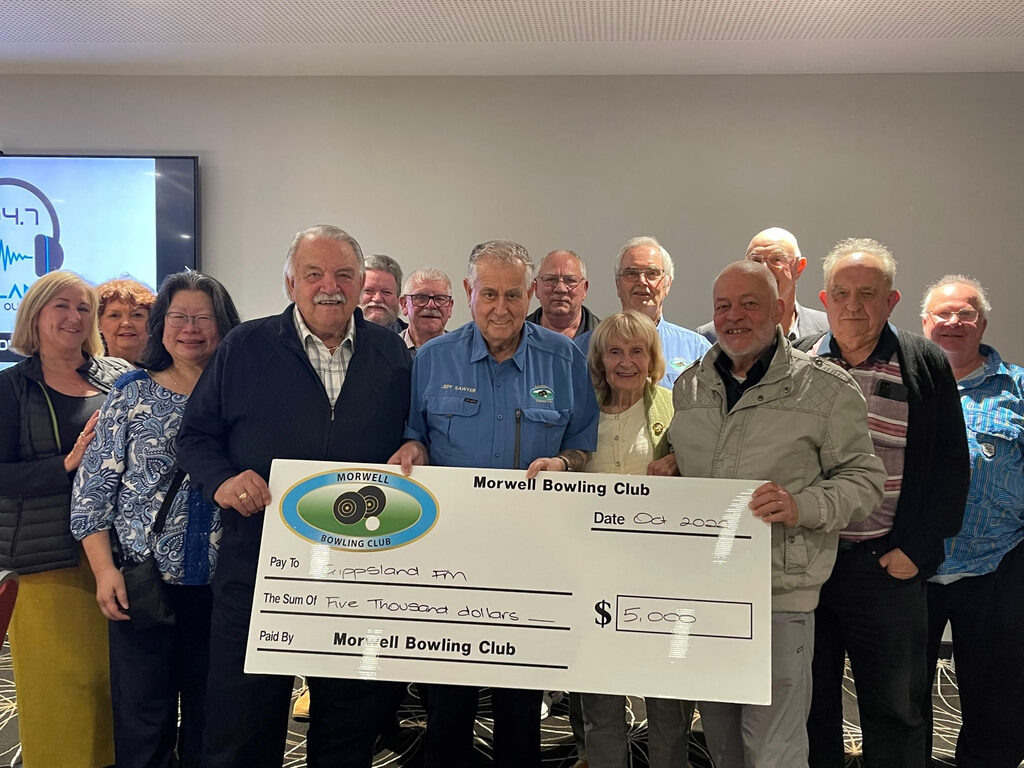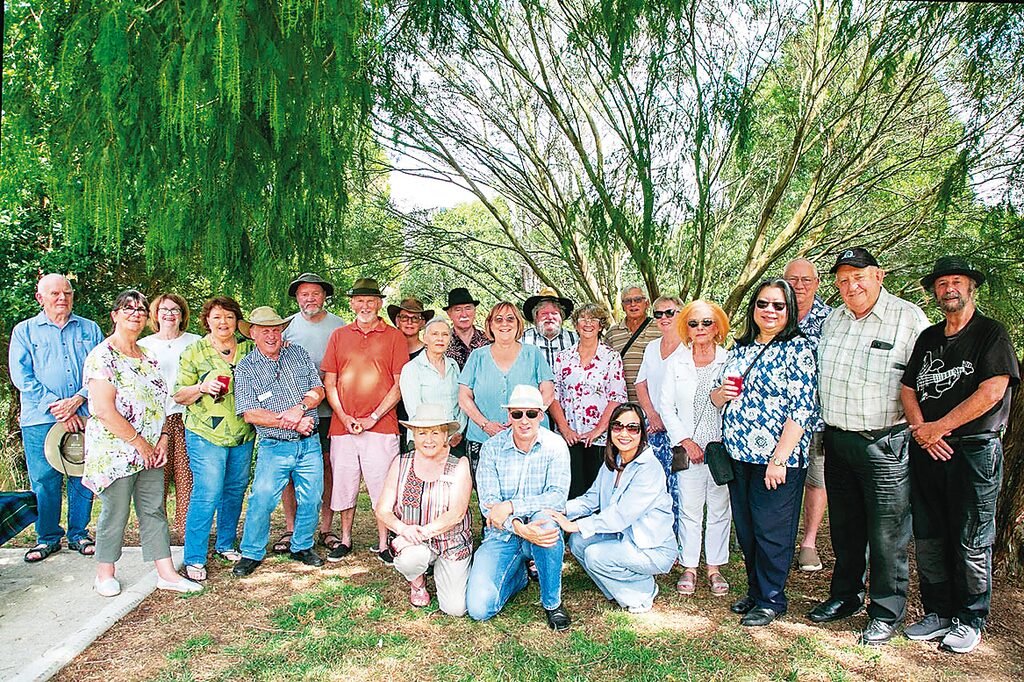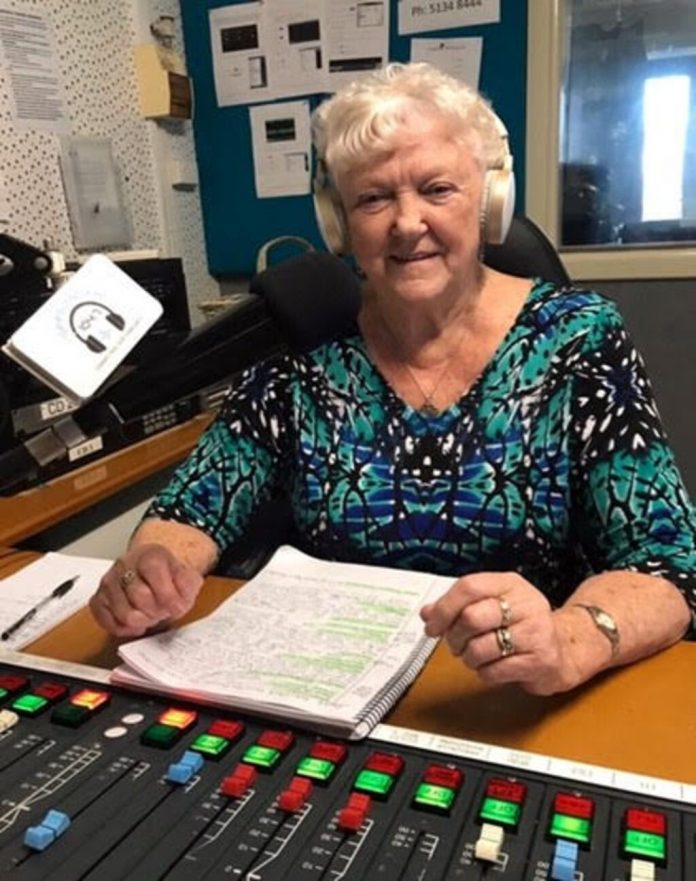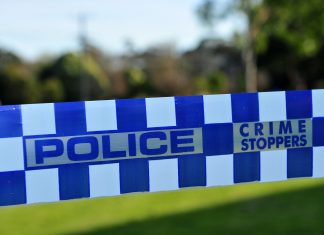GIL TIPPING
When, in 1897, Guglielmo Marconi successfully sent the world’s first wireless radio message across open water, his primary interest had been in enabling contact with and between ships at sea, but as it turned out his work led to much more, and was the beginning of a communications revolution, which continues to this day.
His breakthrough technology spread like wildfire, and quickly came into common use around the world. A mere 15 years later, in 1912, when the ‘unsinkable’ Titanic hit an iceberg, the stricken ship was fitted with a Marconi type radio transmitter, and was able to send a distress call to the Carpathia, 58 miles away, which steamed to the rescue and was able to save 706 lives. It was said at the time that those saved owed their lives to Marconi, such was the impact of his discovery. People of vision could see its potential, particularly in communicating with everyday people. Radio broadcasting took off, and by the time my life began, in 1946, people were able to buy their own radio, and sit together listening to music playing and people talking in real time from far off places. I remember many evenings in the early 1950s, our family would be gathered round the radio, which was quite a large piece of furniture, listening to live classical music, radio plays, and the Ashes cricket from England. It was the Golden Age of Radio, and I remember the feeling of witnessing a miracle. For a few decades, radio stations were either government owned, like the ABC, or privately owned, like 3TR and 3GL. In the last days of the Whitlam government in the mid 70s, the fresh idea of community radio was brought forward, and the government invited local communities to put their case for a license to have their own radio station, to be owned and run by then. Among many from all over Australia, a submission was made from the Latrobe Valley in 1976. A license was issued, Gippsland FM came into being and went to air for the first time on December 28, 1977. With its 46th birthday approaching, Gippsland FM is still going, and has forged a unique and valued place in the cultural life of the Valley. It is perhaps best known for its many non-English language programs, which have been a central feature from the very beginning. I heard about the station in 1984 through a Mrs Parry, whom I knew as a fellow performer in the Latrobe Light Opera Society. Mrs Parry had a popular 15-minute gardening program on the station, which in longevity could be likened to Blue Hills. I became a listener to her show, and gradually got to know the station. On retiring from work at the end of 2013, I took up a part-time role as a sponsorship representative at the station, and was amazed to discover that its only form of government support was through one-off grants for specific programs, eg those non-English language programs. Apart from that, the station was on its own, relying on sponsorship (usually local), and endless fundraising efforts, which took many forms and featured heavily throughout the stations history. My admiration grew further when I found that almost the entire staff, usually about 70-80, were volunteer presenters, with one or two paid staff for admin and tech. The station was live-to-air seven days a week from 8am to midnight and the range of programs produced was truly comprehensive. Just about every taste in music was catered for, although it should be said there is a strong emphasis on country music at Gippsland FM. Well known show Truck’n with Tim (with Tim Ryan) originated at Gippsland FM in 1998, went commercial with 3TR for about five years, before returning ‘home’ (as Tim describes it) to Gippsland FM, where his show is still heard by his many listeners every Sunday morning from 10am to midday. On weekdays the country music mantel is carried every morning by the Country Crew. There are, or have been, shows about gardening, cooking, current affairs and politics (local), gay and lesbian communities, ethnic language programs, hourly news bulletins from the Community Broadcast Service, Indigenous and religious shows, live broadcasts of local football (also soccer in the past), and, down the years, many, many more. The station has an active youth program, however most presenters are beyond their young years, many in retirement, and seeking a challenging post-work occupation, but why radio? … what is it that draws anyone to want to be on radio? I think there are two factors, which, when brought together, are very powerful. First, there is usually a long-held attachment of the presenters to whatever it is they’re presenting … whether it’s country music, a religious faith, the local footy, or something else. Second, it’s a response to a deep yearning which lies within most of us; the wish to perform. After all, being a radio announcer is a form of creative performance. It’s a skill which must be crafted and polished, needing detailed preparation, unflinching review, and commitment, so that what goes to air is the best it can possibly be. Then, perhaps, there’s a reward. For an opera star it might be a standing ovation after a performance at the Albert Hall, for an AFL footballer the roar of an MCG crowd after scoring a crucial goal. For a Gippsland FM announcer, and for the many community radio announcers across the Australia-wide network, it might just be someone ringing in during a break to say how much they’re enjoying the show, but to the person behind the microphone, this is priceless, and just as nourishing to the soul as on the big stage. I have come to realise that it is the passion and dedication of our wonderful announcers which is the lifeblood of the station. If I’ve created the impression that community radio is some kind of amateur backwater in broadcasting, I have seriously misled you. In fact it does many truly remarkable things that most people wouldn’t know about. It has a fine tradition as a nursery for significant up-and-coming talent. Well known radio identities Richelle Hunt, Jacinta Parsons, Hamish Blake and Andy Lee all got their start on community radio. One of our announcers had a show which became so popular it was syndicated and broadcast throughout Australia on the Community Radio Network. That announcer was John Holland, and I’ll come back to him. Another thing that Gippsland FM does, and I’m sure it happens at other CR stations, is to give opportunities to people who have extra hurdles in life. Perhaps they have low literacy, a stutter, a severe eyesight deficit, are intellectually challenged, or just low on confidence … things that would seem to make being a radio announcer exceptionally difficult. For such a person, it takes enormous courage just to turn up and ask for a chance, and they are often accompanied by a parent or someone close. At Gippsland FM, they will be received warmly. An experienced announcer will get beside them and gently coach them for as long as it takes until a level is found that can work on air. For some, this may be in a group format with co-announcers, while others may prefer to work at mastering the control panel so they can go on air solo. Gippsland FM is generally a happy place, but when one of these people has success, and is ready to go on air, it is time for station-wide celebration, and the joy is nowhere more evident than on the face of the new announcer. It is as if the heart of the station has been touched; that its deepest, most valued purpose, has been fulfilled. As Queen used to sing, “It’s a kind of magic”, and in my few short years at the station I have witnessed this magic several times. It always made me proud to be a part of Gippsland FM. There have been many highlights down the years since the station opened. On Black Saturday, February 7, 2009, fire destroyed the ABC transmitters on Mt Tassie, and for several crucial hours when the disaster was at its worst, the ABC signal was re-routed via a telephone link through Gippsland FM, providing lifesaving information and advice to terrified locals. Following the Port Arthur massacre in May 1996, Prime Minister John Howard, wearing a bulletproof vest, addressed a festering mob of gun owners in Sale about the gun buyback program he intended to conduct. Mr Howard’s speech was broadcast through Gippsland FM. In July 1993, in the lead up to the Republic Referendum of 1999, Gippsland FM broadcast a debate at a packed Kernot Hall featuring academic heavyweights Dame Leonie Kramer and Professor Donald Hom, moderated by Sir Ninian Stephen, himself a former Governor General of Australia. There is so much more to tell. We have broadcast Morwell Falcons games when they first joined the National League, one time including Jeff Kennett as an on-air guest. We have covered local footy for decades, broadcast Carols By Candlelight from the Sound Shell in Traralgon, once even an Apex fireworks display in Churchill from a helicopter, all this and I’ve barely even mentioned the presenters! There has been so many of them, more than 3000 by now, and all of them loaded up with great stories. I would like to record my deep appreciation to all of them, but I would like to tell you a little more about just one, John Holland. I only really got to know John when I came to work at Gippsland FM in 2013, by which time he already held legendary status at the station. His rich, deep voice was made for radio; he had lost none of the midland accent of his native UK, and he had a warm, friendly on-air manner which endeared him to listeners. He loved the big swing band sounds of the 1930s and 40s, and the many high class crooners who followed, like Frank Sinatra, Sammy Davis Jr, Bobby Darin, Michael Buble, Tony Bennett, and, I feel sure, although I never asked him, Lady Gaga. His bi-weekly show, ‘My kind of music’ first went to air in June 2002 and was immediately popular, so much so that in September 2004 it was picked up by the Community Radio Network and broadcast across Australia, which continued until John’s declining health intervened and he signed off for the last time on in July 2015, having turned up to perform his show for the station for as long as he possibly could. He died peacefully aged 88 on April 24, 2016. I was only there for his last couple of years, and I was quite often at my desk when John finished his show at 4pm. Having long since stopped driving, he got to and from the station from his Traralgon home by bus and train, with a bit of walking at either end, and finally up and back down two flights each of 10 stairs. I lived in Traralgon and I would offer him a lift home, for which he was always grateful, and it was then I came face to face with his state of health. He had advanced emphysema, and all that travelling to the station was a monumental challenge for him, especially those stairs! He would let me hold his bag, but was always determined to conquer them unassisted, needing to pause for breath every few steps, gasping for air. Once in the car, I had a dilemma. I badly wanted to ask him about his life, and he loved telling me, but doing so would inevitably bring on an uncontrolled coughing fit, then a silence, sometimes so long I wondered if I should turn into the hospital, which we would be driving right past. At last! Precious air would return with a noisy rush, and I dared not speak another word to him until we got to his door. During many trips, he told me about his long career as a salesman, his two beloved daughters who were so helpful to him, and his dear wife Joyce, who would listen to his show and give him an honest critique when he got home. If ever there was a definition of what Gippsland FM is all about, it is in the contribution of John Holland. Tune in to the station one day, I am sure you’ll find something to enjoy, maybe even get involved somehow, you would be most welcome. Gippsland FM 104.7. Truly, it is a living treasure in our midst.













